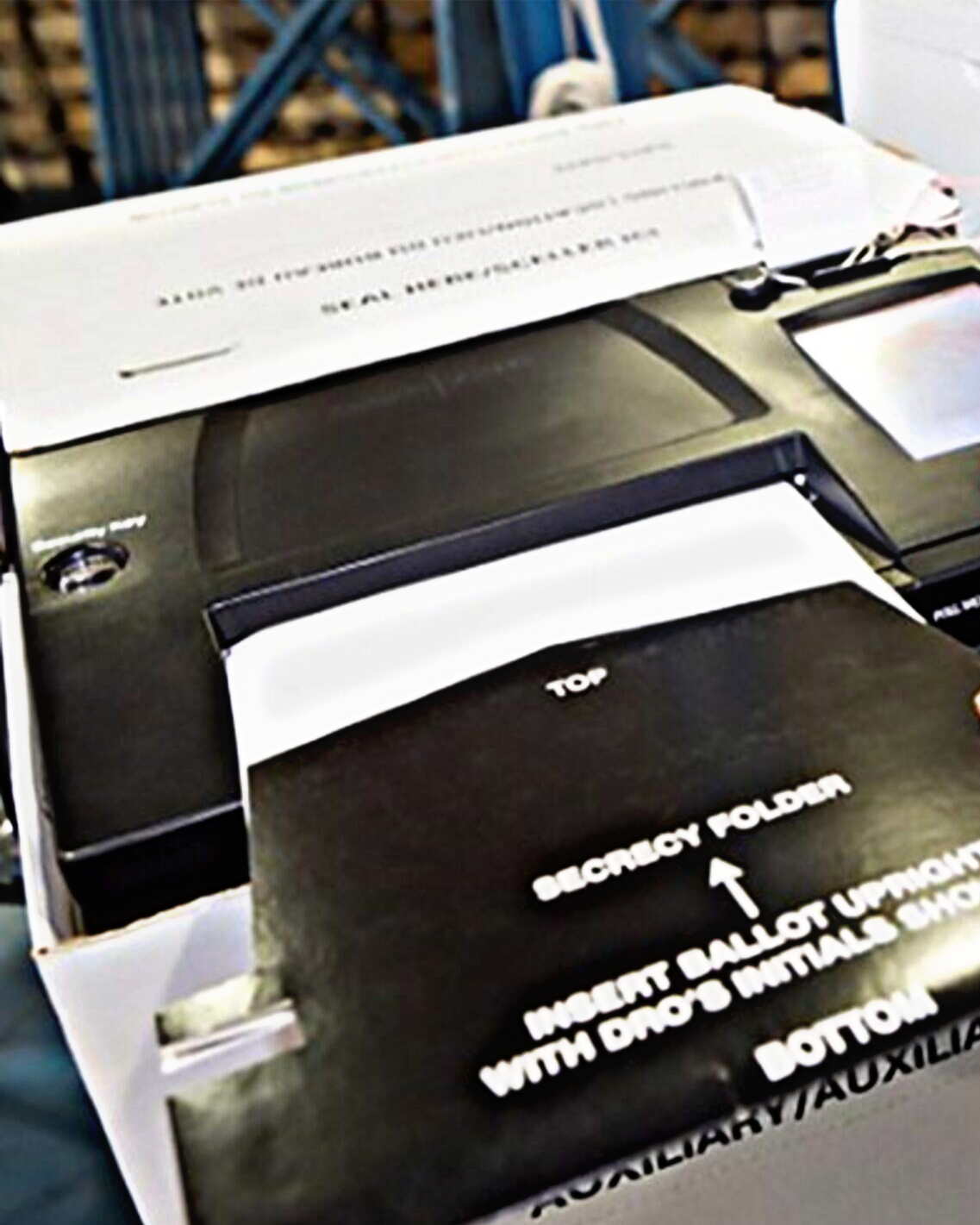Politics | Election | Administrative Law
In a developing case that could influence how election systems are audited and litigated going forward, a lawsuit filed in Rockland County, New York alleges that voting machine errors may have failed to count hundreds of votes cast for then-presidential candidate Kamala Harris during the 2024 general election. The suit, brought by the nonprofit watchdog group SMART Legislation, does not allege intentional fraud but questions the technical reliability and administrative oversight of the county’s voting infrastructure.
The case has been allowed to proceed by a New York State Supreme Court judge and has reignited public and legal debate over the role of electronic voting systems, chain-of-custody documentation, and the threshold for triggering a manual recount.
The Allegations
SMART Legislation’s complaint is based on:
- Eyewitness affidavits from poll workers and voters claiming that machines were rejecting or misrecording ballots,
- Drop-off irregularities in tallied results, allegedly showing a statistically implausible drop in support for Harris compared to other Democratic candidates,
- Inconsistencies between machine tabulations and voter sign-in records.
The group has called for a full hand recount of the affected precincts and greater public transparency into machine testing, ballot chain of custody, and audit logs.
“We are not alleging election fraud—we are alleging election system failure,” said SMART Legislation’s lead counsel during a hearing.
“This is about accuracy, not partisanship.”
Legal Context
The lawsuit proceeds under New York’s Election Law, which permits candidates, parties, or citizen groups to challenge results when credible evidence suggests error, misconduct, or malfunction materially affected the outcome. The case invokes sections relating to:
- Election audit procedures,
- Machine reliability certification,
- Voter disenfranchisement under state constitutional guarantees.
No formal involvement has been announced by Vice President Kamala Harris or her campaign, and the suit is narrowly tailored to local vote counting and reporting processes.
Legal experts say the judge’s decision to let the case proceed is notable given the typically high bar for post-election challenges in New York and across the U.S.
Election Technology and Legal Risk
This case adds to a growing trend of litigation targeting the technical infrastructure of elections, particularly electronic vote tabulators and ballot-marking devices. While claims of large-scale machine errors have been repeatedly debunked in federal and state courts, cases like this one reflect legitimate concerns about auditability, machine transparency, and public confidence in election outcomes.
“You don’t need fraud to undermine faith in democracy—undocumented glitches are enough,” said Professor Rayma Alston, an election law scholar at NYU Law.
“Litigation like this forces system vendors and election boards to prioritize transparency.”
Implications
Though the lawsuit is unlikely to alter the outcome of the 2024 election, it could result in:
- Court-ordered recounts or forensic audits,
- Policy reforms around election auditing and machine procurement, and
- Renewed scrutiny of voting machine vendors and their state certification processes.
The case may also influence legislative efforts in New York and beyond to strengthen chain-of-custody protocols, improve audit trail requirements, and expand manual verification procedures.
Conclusion
The Rockland County voting machine lawsuit underscores the evolving legal landscape of election integrity litigation—one increasingly focused on technical reliability rather than fraud. As courts weigh the evidence, the case may serve as a bellwether for how procedural fairness and transparency will be judicially enforced in future elections.






